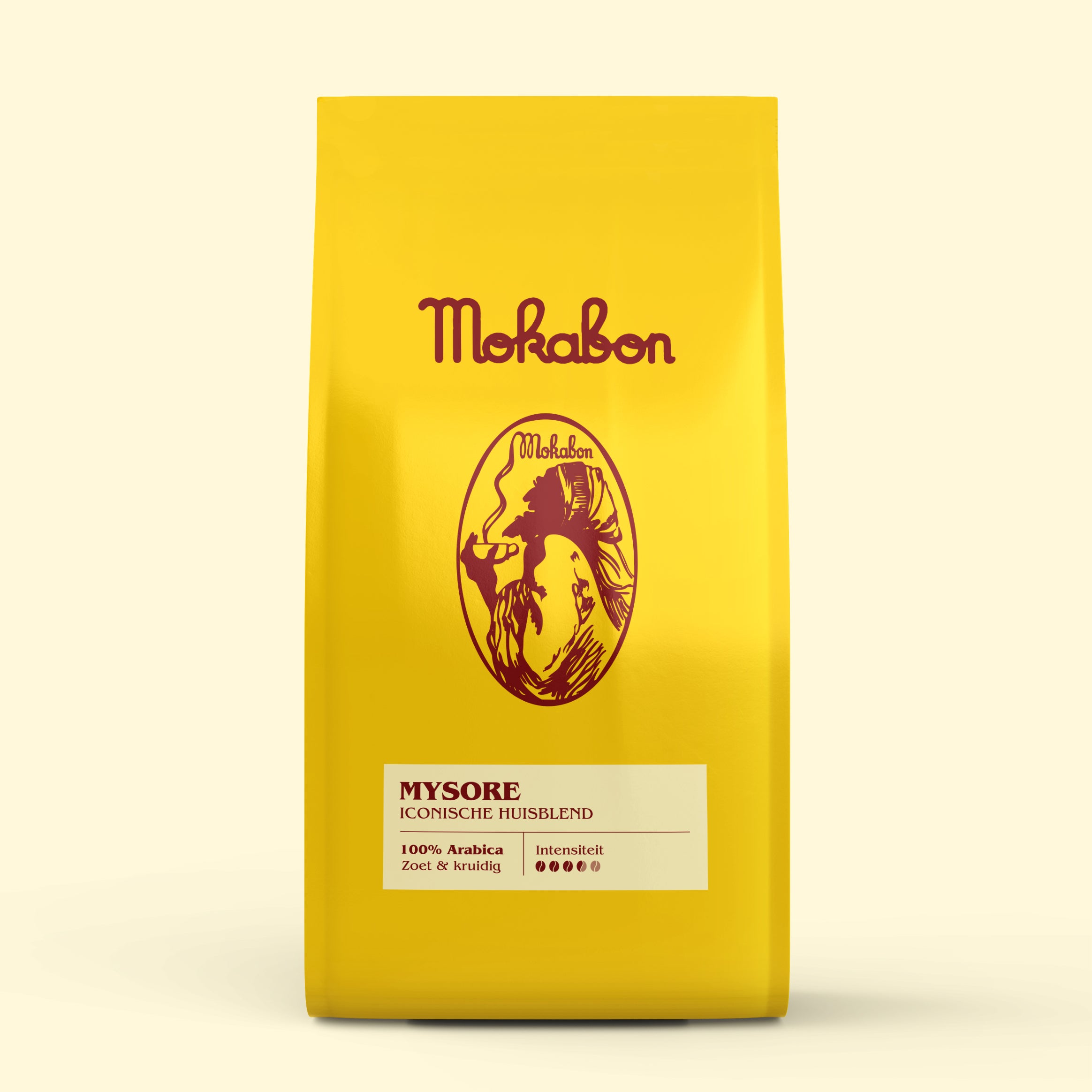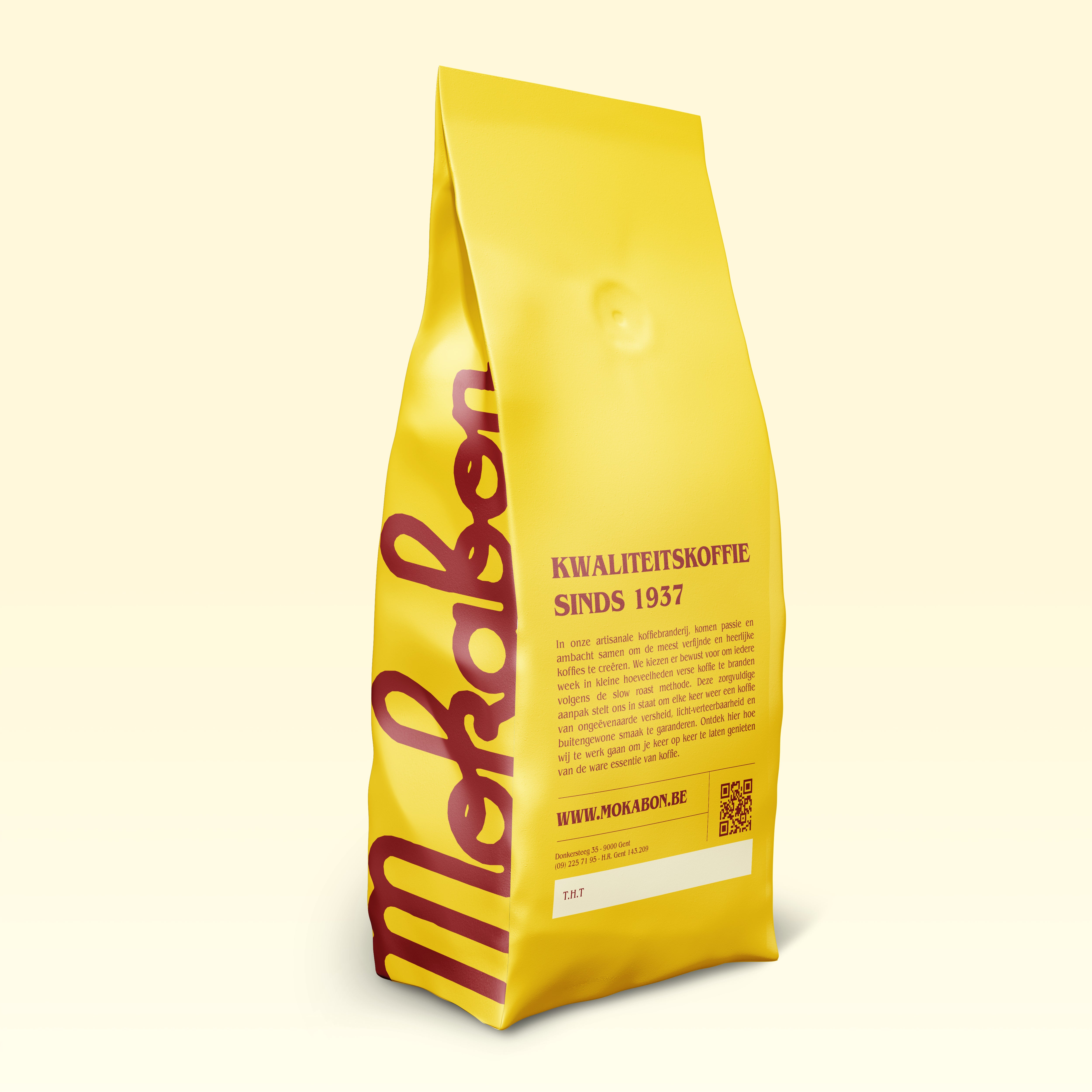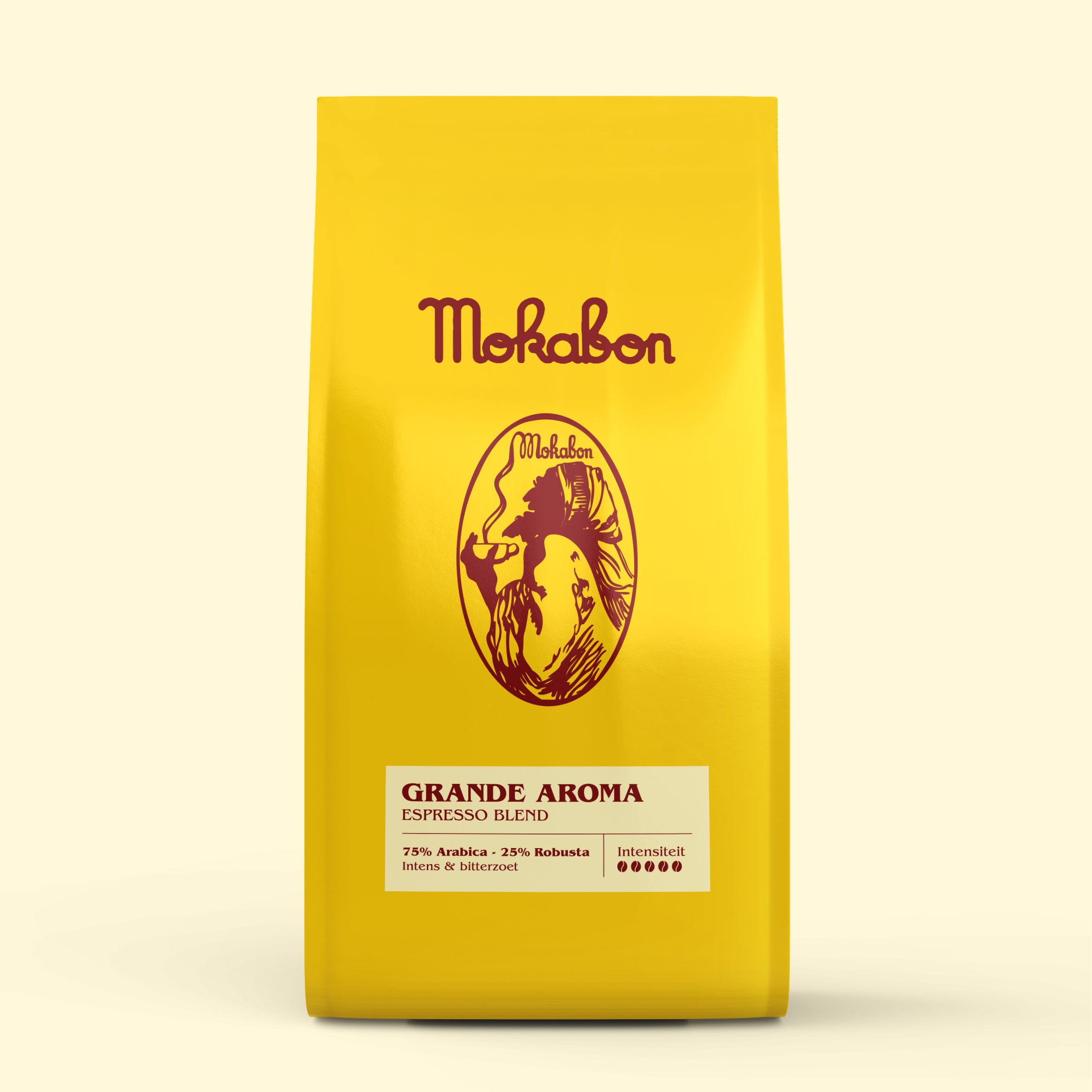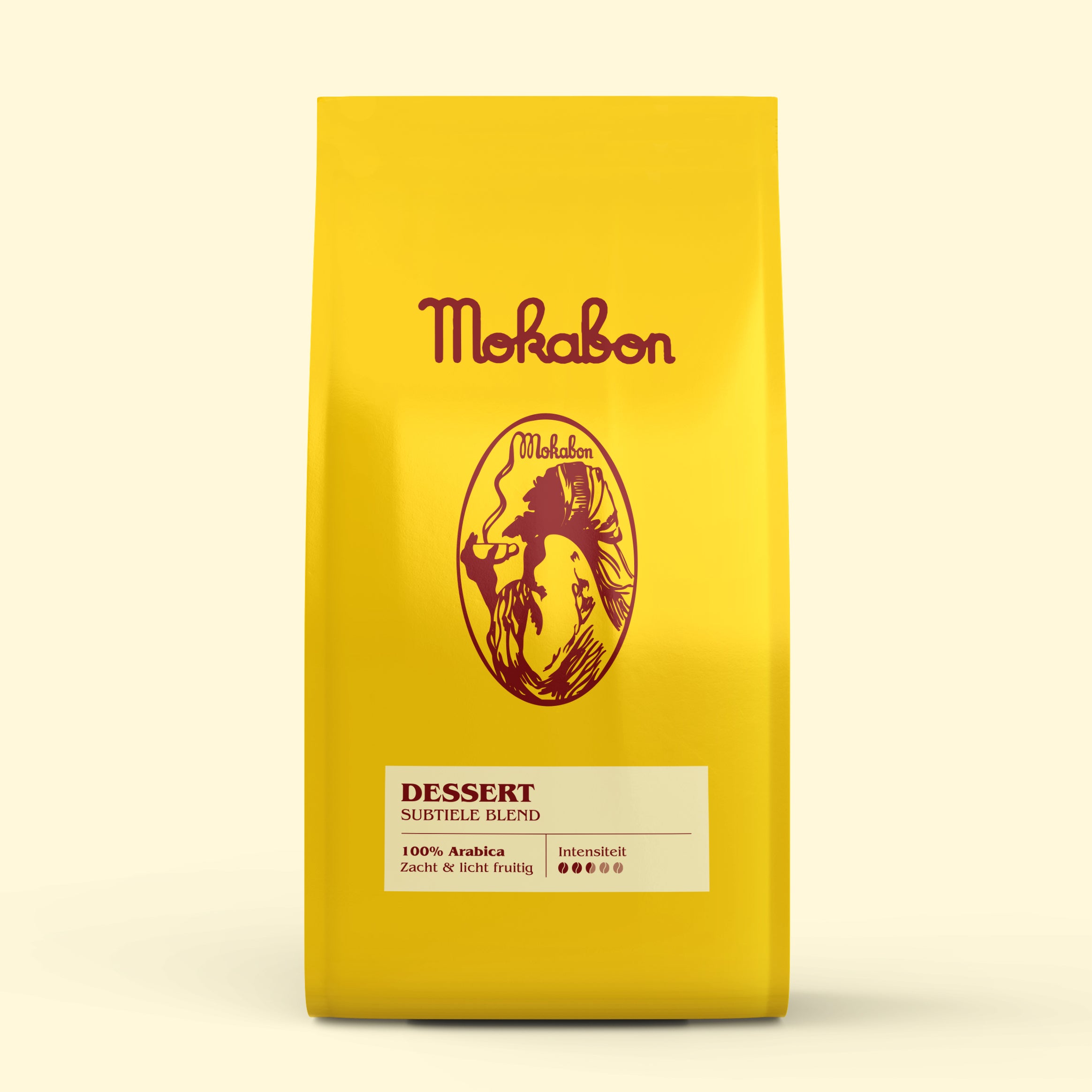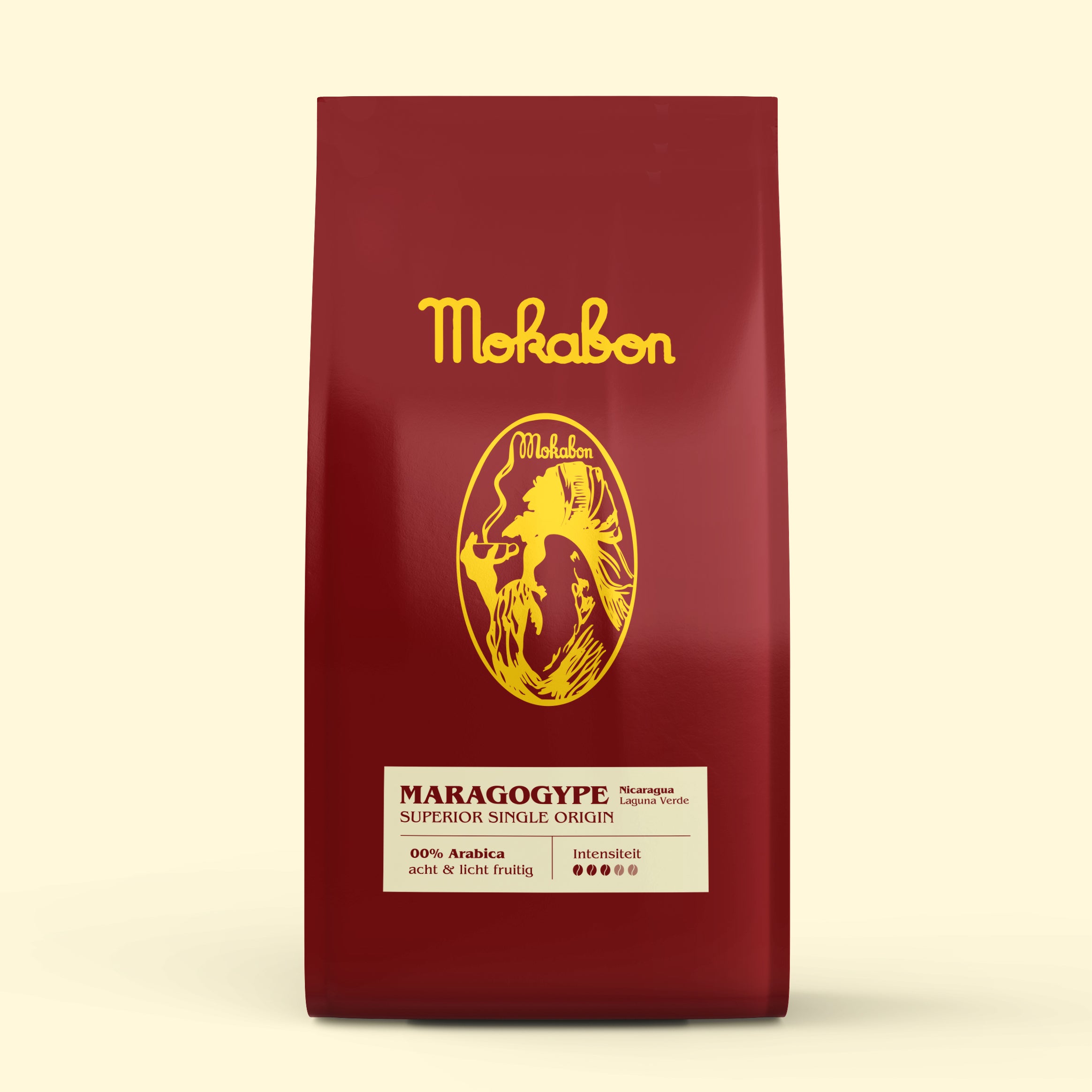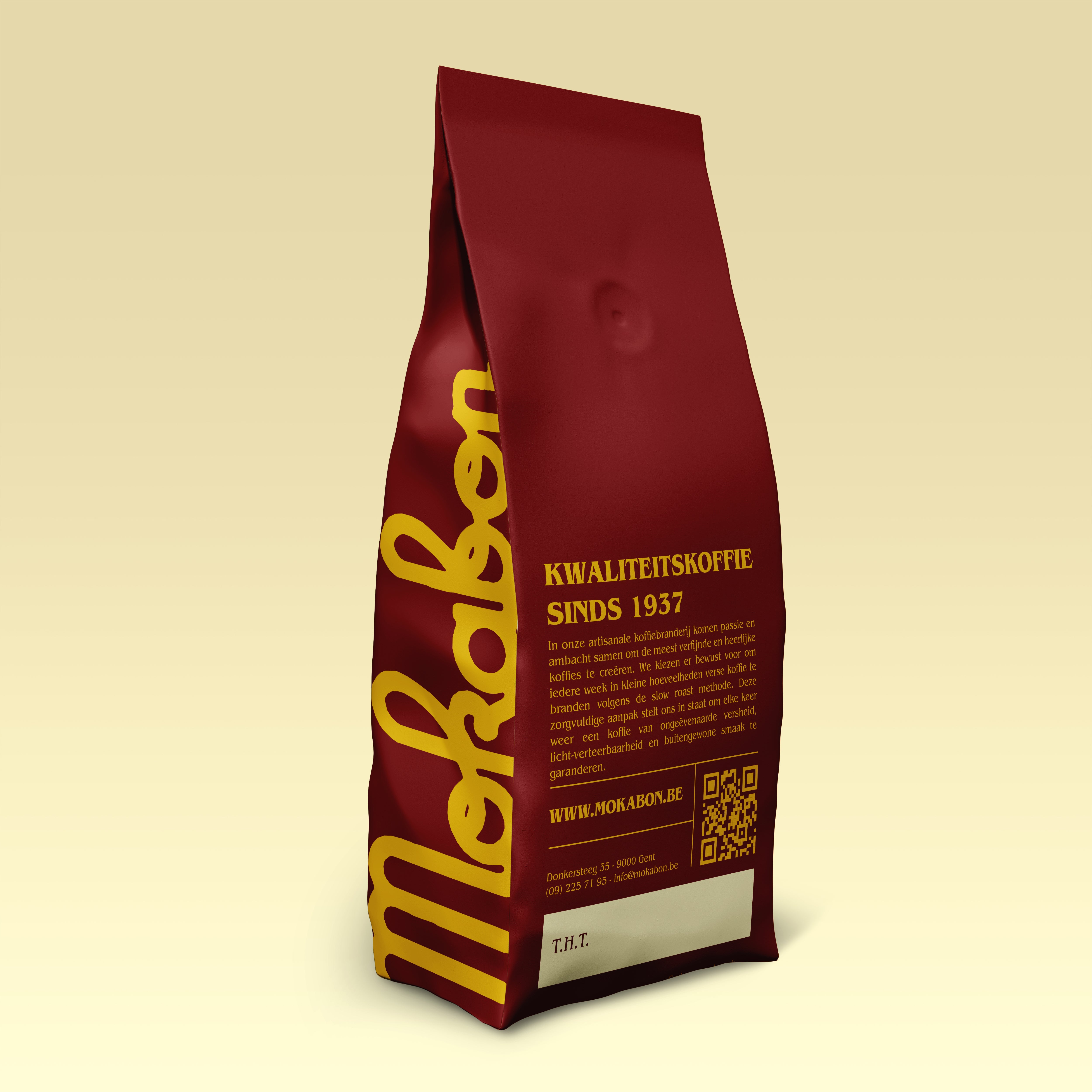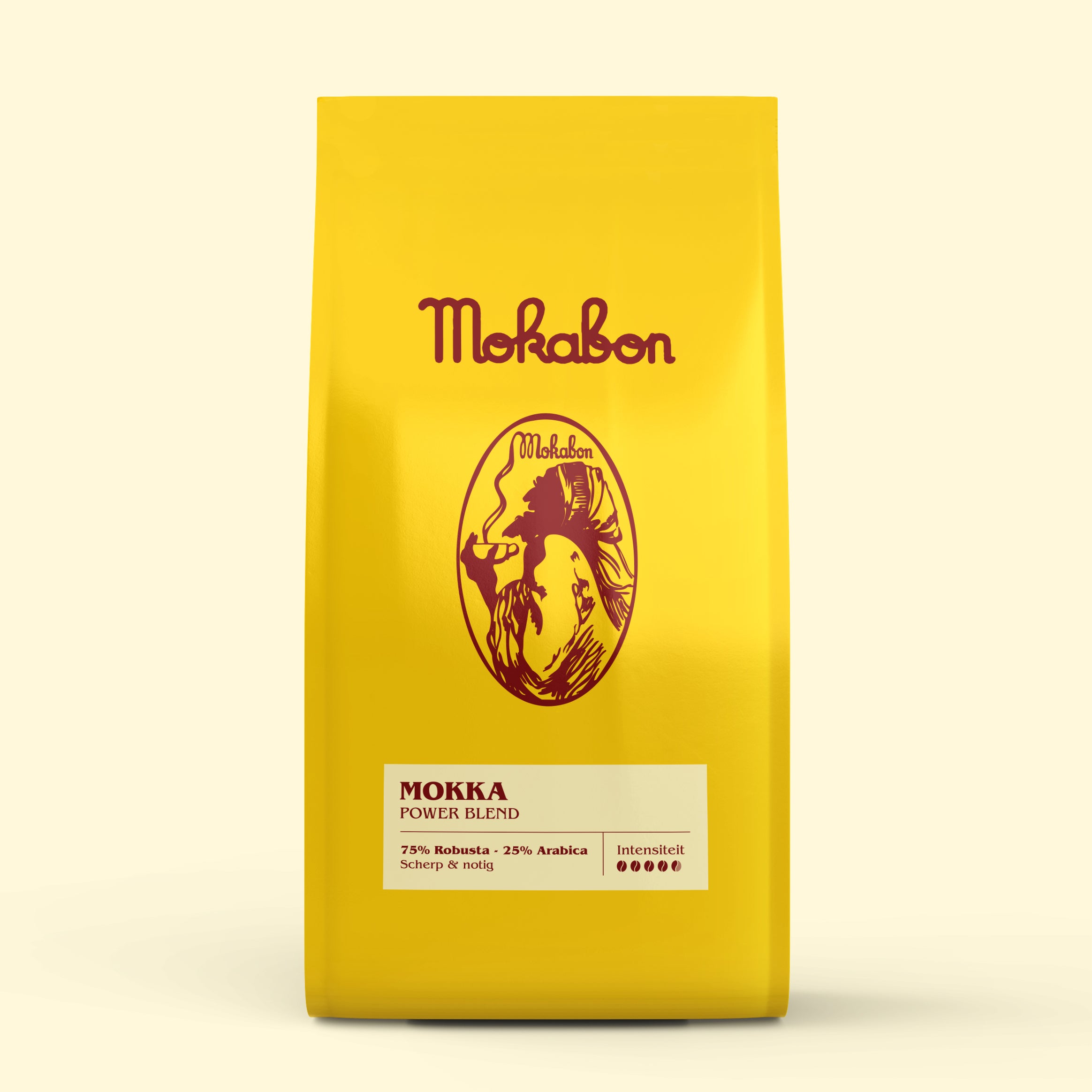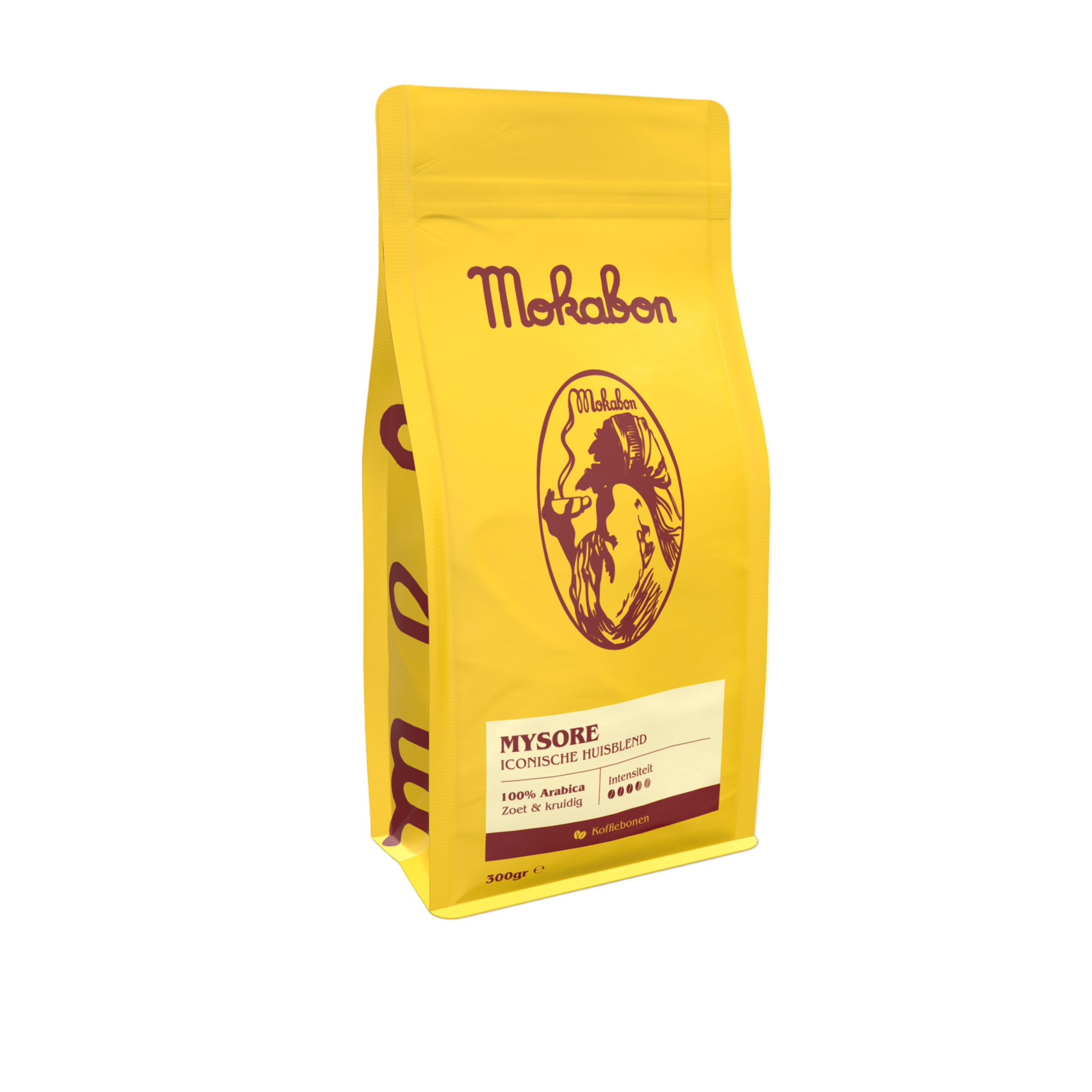Craft coffee is characterized by a more personal approach and involvement in every aspect of the process, from cultivation to roasting and packaging. It focuses on quality and refinement , often coming from specific, small coffee plantations. Craft coffee makers strive for unique flavor profiles and have more control over the entire production process.
Industrial coffee, on the other hand, is produced on a larger scale, often from extensive plantations with a focus on high yield and efficiency . The emphasis is on uniformity and cost minimization. These coffees tend to have less pronounced flavors and are widely machine processed and packaged for a wider audience at lower costs.
| Aspect | Artisanal coffee | Industrial coffee |
|---|---|---|
| Taste and quality | Higher quality and richer taste | Often less complex flavors |
| Sustainability | More sustainable with attention to ethical practices | More environmentally damaging due to mass production |
| Transparency | Clear traceability of beans and origin | Can be vague about the origin of the coffee beans |
| Burning process | Small-scale and gentle roasting fully develops aromas. | Shorter and darker roast, profit optimization |
| Freshness | Often fresher, beans are locally and freshly roasted | Can be in the distribution chain longer |
| Price | May be more expensive due to high quality beans and care | Generally cheaper due to mass production |
| Innovation | Can provide more space for experimental coffees | Limited in variety due to focus on mass production |
| Local economy | Supports local coffee farmers and artisan roasters | Can affect small coffee farmers in developing countries |
| Consistency | May vary due to manual processing | More consistent taste and quality due to mechanization |
| Customer experience | Emphasis on personal service and expertise | No customer interaction in large-scale chains |
In recent years, there has been a remarkable shift in consumer behavior : namely a growing preference for small coffee roasters. This emerging trend, driven by a growing awareness of coffee origins and quality, marks a new phase in coffee culture.
Where large industrial coffee brands were once the norm, consumers now prefer the authenticity and craftsmanship inherent in smaller coffee roasters. This movement is supported by a growing interest in the unique flavor profiles that emerge from carefully selected beans and artisanal roasting methods.
Choosing small coffee roasters not only means a delicious cup of coffee, but also supporting local entrepreneurs and sustainable practices. Small coffee roasters are often closely involved in the entire coffee chain, from direct relationships with coffee farmers to perfecting the roasting process. This results in a product that is not only tasty, but also tells a story.





